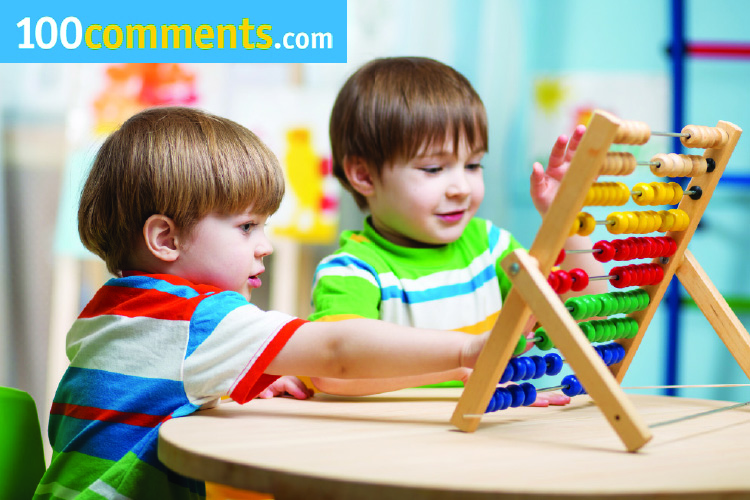“I have heard from many of my friends that sending my two-year old daughter off to a good playschool will help her to overcome the social anxiety of attending kindergarten and primary school in the future. Is there any truth to that?”
Yes, an early exposure to school certainly has many benefits to a child’s socio-emotional development.
Until a few years ago, parents generally consider starting preschool around 4 years old. When we first started offering preschool to a younger age group, we termed it ‘Playschool’. Not only does it aptly describe how learning can be achieved through play in school, it also embodies the objectives of starting school at a younger age.
For example, in our Toddlers class at Trinity Kids, we provide early learning opportunities, build self-esteem and sense of autonomy, instill practical life skill, and introduce parallel and group play opportunities. The objectives are to lay a good foundation for future learning, inculcate independence and ability to work with others.
Another important point to consider is the philosophy of the school towards individuality and heterogeneity. This is perhaps the least obvious but most crucial factor in establishing a child’s sense of social security.
We, for example, respect a child’s sense of self so much that we encourage a parent to bring a child to visit the school before deciding whether to enroll. The idea is to involve the child in the decision-making before the child even starts school. This plants the seed for a child’s sense of security about starting a new experience, such as school. With a positive first experience, the psychological association with school is started off on the right foot.
My observation is that children who start pre-schooling at an earlier age show faster adjustment to school in comparison to children who start schooling at an older age. One reason could be the newly-built impression of school being a positive experience. When starting off the child in a loving, trusting environment of a good school, it will reinforce the positive impression the child has of schools.
Another reason why starting early helps with quicker adaptation to school is due to the child’s own readiness. When a child enters toddlerhood, there is a mental leap and an increased level of curiosity. This conducive period is perfect for introducing a new environment and increased challenges, making it a prime time for the best learning opportunities.
A good school is always one which works closely with parents to establish a community. Starting the child off at a good school with contiguous parental involvement provide a solid, lifelong foundation towards learning.
















